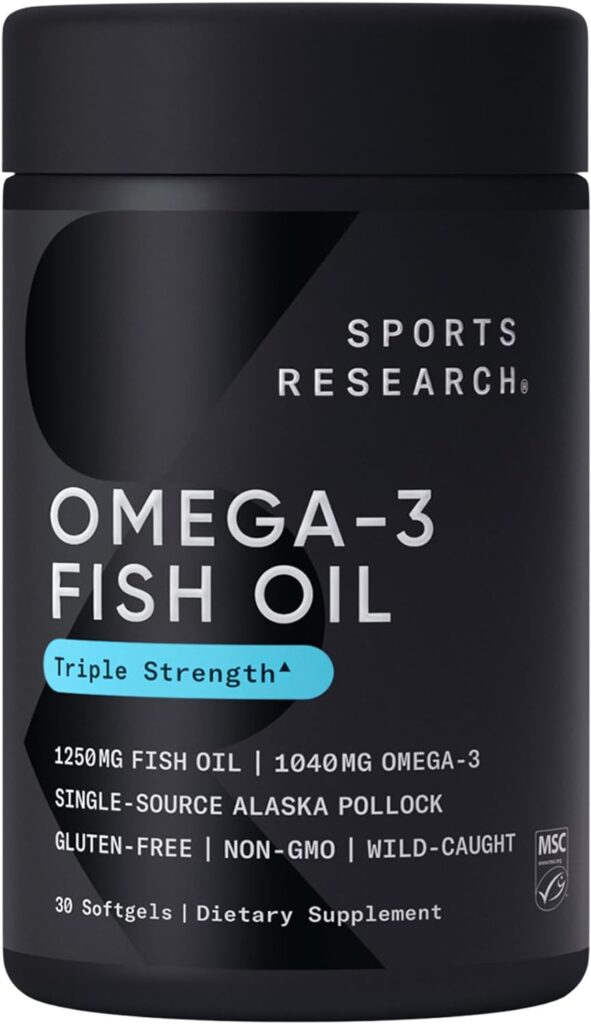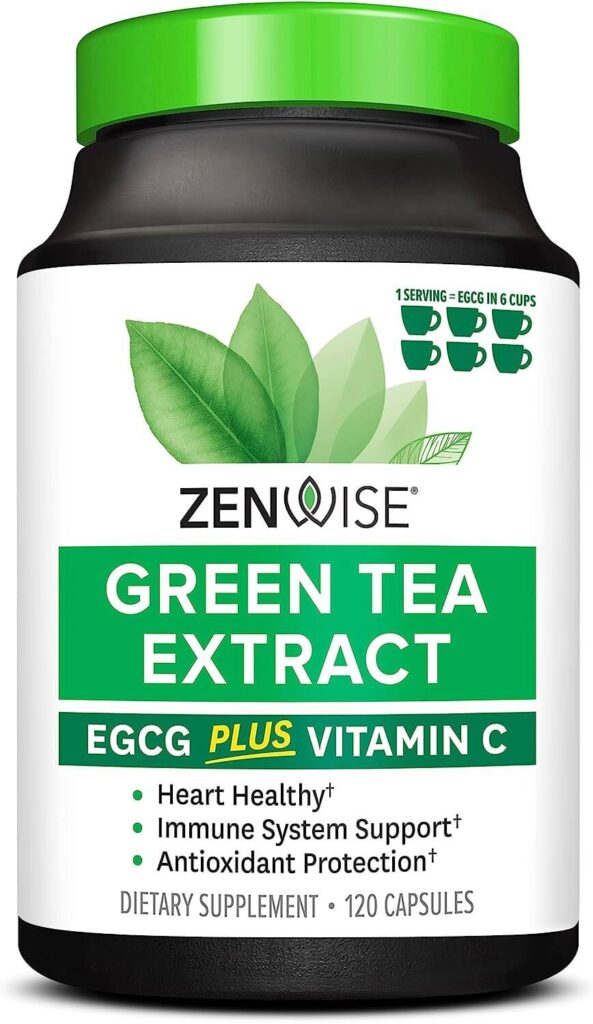Thaiboxing Supplements Part 2: In addition to proteins, minerals and vitamins there are many other dietary supplements. We will introduce 3 more useful additions for your Muay Thai training routine.
Table of Contents
Thaiboxing Supplements – All about Omega 3, Isotonic Drinks and Rehydration in Muay Thai
In the intense world of Muay Thai, where physical endurance and mental resilience are crucial, proper hydration is paramount to ensure peak performance and recovery. Fighters often engage in rigorous training sessions and demanding bouts, leading to significant fluid loss through sweat. To address this challenge, a thoughtful rehydration strategy becomes essential. This article explores various aspects of rehydration in Muay Thai, including the use of isotonic drinks, rehydration powders, the benefits of green tea, and the importance of incorporating omega-3 fatty acids into a fighter’s diet.
Isotonic Drinks: Isotonic drinks play a vital role in Muay Thai rehydration by replenishing electrolytes lost during intense training sessions. These drinks are formulated to have a similar osmotic pressure as bodily fluids, allowing for rapid absorption and efficient replenishment of sodium, potassium, and other essential minerals. Consuming isotonic drinks before, during, and after training or competition helps maintain fluid balance, prevent dehydration, and sustain optimal performance.
Rehydration Powders: Rehydration powders are another convenient option for fighters seeking to restore electrolyte balance quickly. These powders typically contain a mix of salts, minerals, and carbohydrates, providing a well-rounded approach to replenishing vital nutrients. Mixing rehydration powders with water creates a hydrating solution that aids in the recovery process, helping combat muscle cramps and fatigue associated with dehydration.
Green Tea: While water and specialized sports drinks are essential for rehydration, green tea can also contribute to a fighter’s overall fluid intake. Green tea is rich in antioxidants, particularly catechins, which may help reduce inflammation and support recovery after intense training sessions. Additionally, green tea contains a moderate amount of caffeine, providing a natural energy boost without the excessive sugar found in some commercial energy drinks.
Benefits of Omega-3 Fatty Acids: Incorporating omega-3 fatty acids into a Muay Thai athlete’s diet can offer numerous benefits for overall health and performance. Omega-3s, commonly found in fatty fish like salmon and flaxseeds, possess anti-inflammatory properties that can aid in reducing muscle soreness and inflammation post-training. These essential fatty acids also support joint health, crucial for fighters engaged in high-impact activities, and contribute to cardiovascular well-being.
Omega 3 Fish Oils
Derived from fish oil, Omega-3 oils serve as foundational elements for promoting health and well-being. Research indicates that these fatty acids play a significant role in combatting heart disease and enhancing overall wellness. Furthermore, essential fatty acids not only store carbohydrates but also simultaneously facilitate the burning of fat.
Key benefits of omega 3 fatty acids:
- helpful against heart disease
- supports fat burning
- generally increased well-being
Omega 3 in foods: fish
Utilizing Omega-3 as a dietary supplement: Daily fish consumption isn’t feasible for everyone. Hence, achieving an optimal balance is attainable through Omega-3 supplements. These supplements offer the crucial fatty acid in a highly concentrated and purest form, ensuring a reliable and sufficient supply.
The best Omega 3 Supplements for MMA and Muay Thai Fighters
Green Tea Powder
Green tea functions as an antioxidant within the body, facilitating the fat-burning process. Additionally, it effectively combats headaches and digestive issues while enhancing the overall sense of well-being.
Key benefits of green tea powder:
- General well-being
- optimized fat burning
- Against head and body aches
Green tea in nature: The antioxidants are highly concentrated in green tea.
Utilizing Green Tea Powder in Martial Arts Training: Green tea extract holds significant value, especially during the weight loss phase for Muay Thai and other martial arts practitioners. The consumption of green tea in powder form can contribute to overall well-being.
The best green tea powder extracts for Muay Thai fighters
Isotonic Drinks and Rehydration in Muay Thai Training
Particularly when undergoing training in Thailand, opting for isotonic rehydration is highly advisable. The intense sweating during Muay Thai workouts results in a significant loss of crucial minerals and electrolytes, a deficit that must be promptly addressed. Compensating for this mineral loss is essential to maintaining strength and vitality.
IsoGel, Isotonic Powder, and Isotonic Drinks
Meeting the demand for minerals and electrolytes can be approached in various ways. Currently, Isogels stand out as an excellent means of replenishing the body with essential minerals and electrolytes. They are efficient in delivering concentrated forms of what the body needs without overloading the stomach. While isotonic drinks also fulfill this role, they can sometimes affect the stomach during training. Isotonic powders, on the other hand, are dietary supplements that require blending, making them more suitable for rehydration after exercise.
Especially during rigorous running and Muay Thai sessions, isotonic drinks come highly recommended for athletes. For regular training sessions, supplying the body with plain water is sufficient. However, if the Muay Thai or endurance training extends beyond one hour, incorporating isotonic sports drinks into the recovery process is strongly advisable.
The best Isogels, and sports drinks for rehydration in Thaiboxing and MMA
Achieving optimal rehydration in Muay Thai involves a multifaceted approach that includes isotonic drinks, rehydration powders, green tea, and a diet rich in omega-3 fatty acids. By incorporating these elements into their routine, fighters can enhance their performance, reduce the risk of dehydration-related issues, and promote overall well-being. As with any nutritional strategy, it’s crucial for individuals to consult with a healthcare professional or nutritionist to tailor these recommendations to their specific needs and goals.
Find out more about Vitamins and Proteins in Muay Thai Training in Part 1 of our guide







